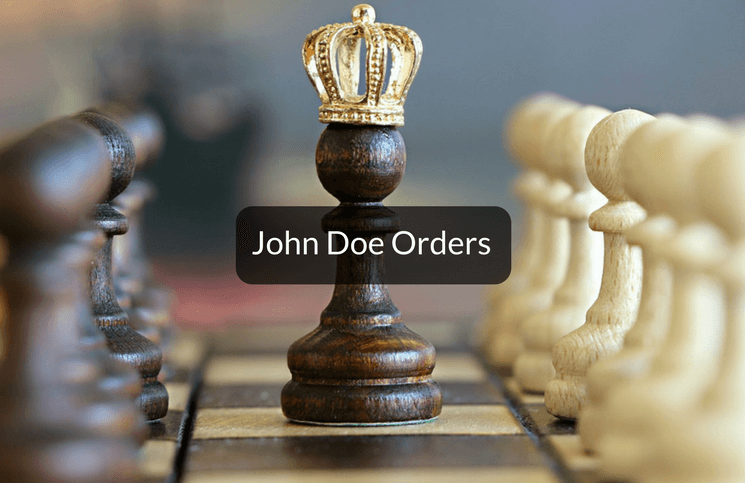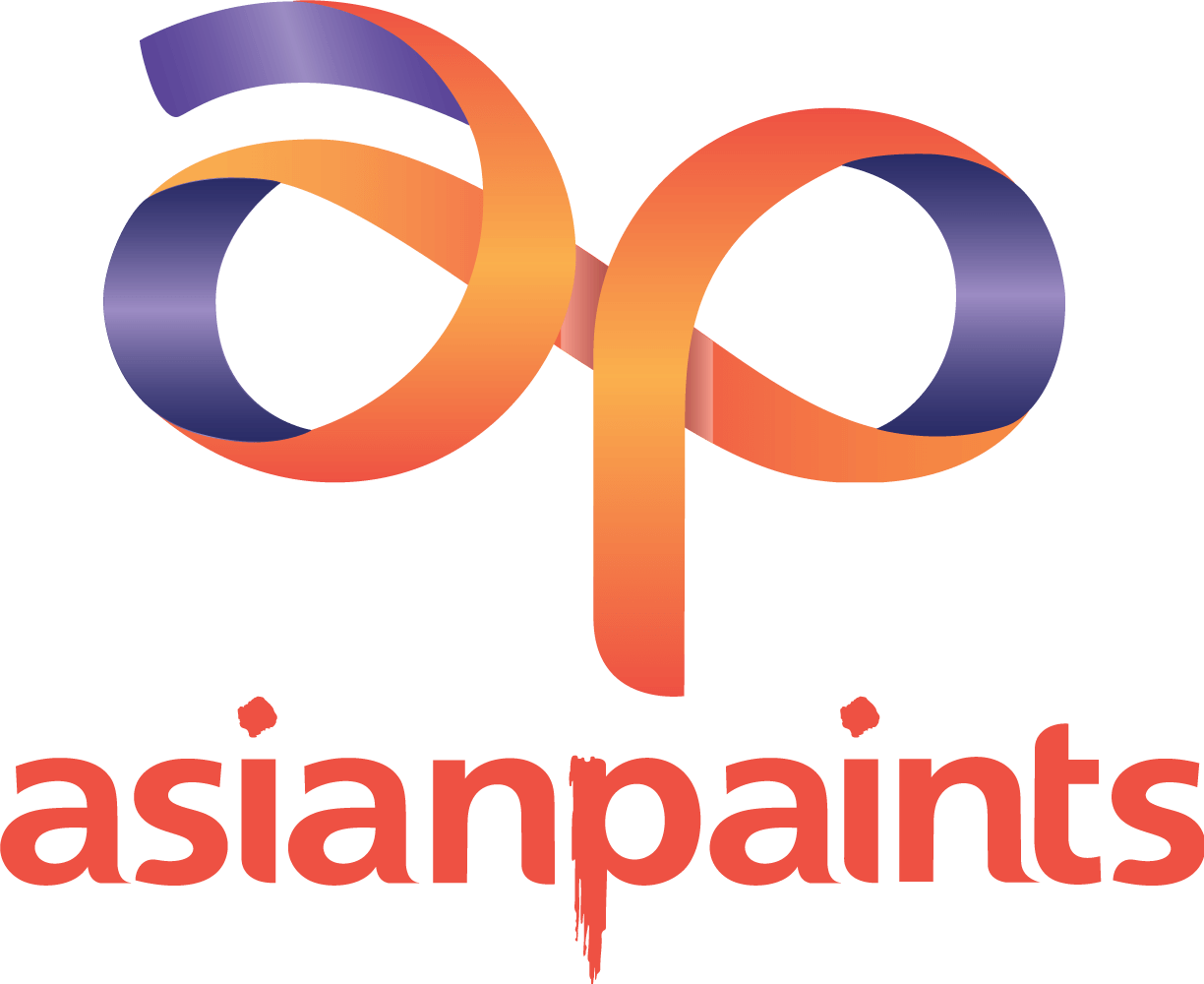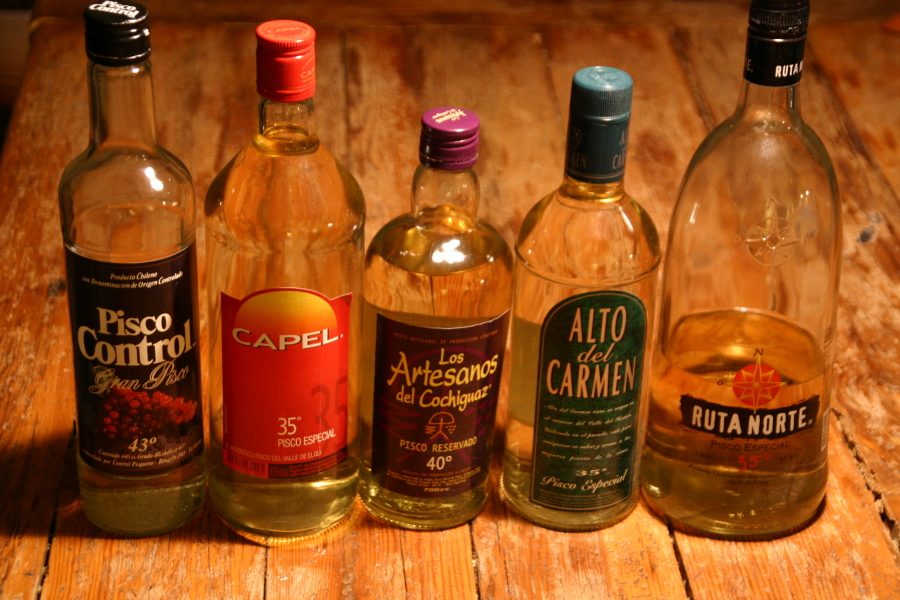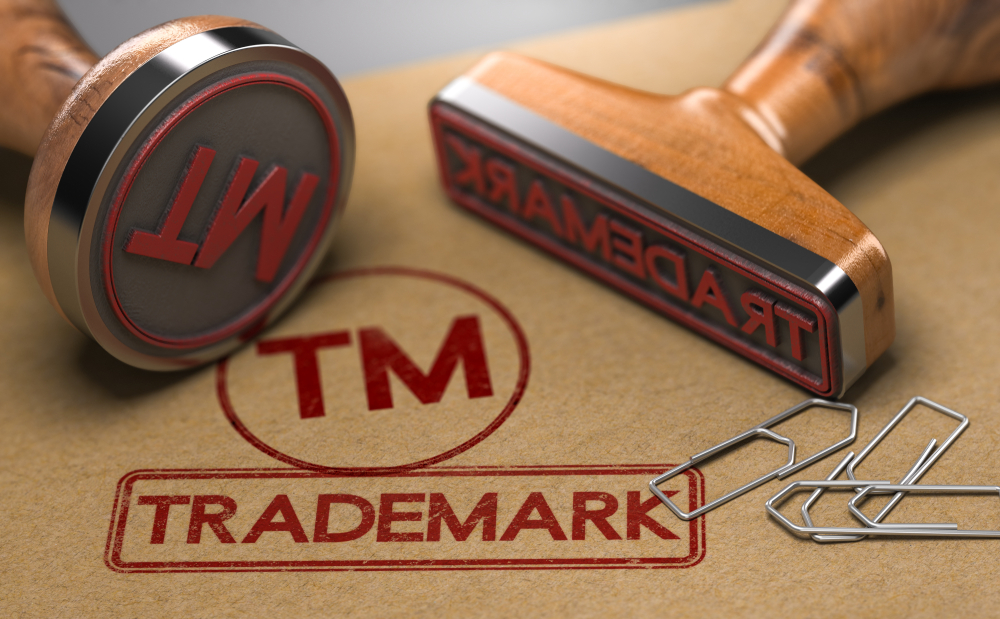For more intellectual property updates, follow our WHATSAPP CHANNEL and SUNS LEGAL | LinkedIn
Written by Aashlin Maria Alex, Legal intern and verified by Sunil Jose, Managing Attorney, Suns Legal.
Neela Film Productions Private Limited Vs. Taarakmehtakaooltahchashmah(dot)com and Ors.
Recently, the Delhi High Court had issued a John Doe order against the infringers of the copyright and trademarks of Taarak Mehta Ka Ooltah Chashma series.
FACTS OF THE CASE
The petition was filed by Neela Film Productions Private Limited, the maker of the series Taarak Mehta Ka Ooltah Chashma. The show, also known as TMKOC, is one of the most popular Hindi television shows aired since 2008. It also has an extensive following on social media. The plaintiff claims exclusive rights over the characters, dialogues, costumes, and storyline under the category of literary, artistic and musical works. It also has trademark registrations over the names ‘Taarak Mehta Ka Ooltah Chashmah’, ‘Ooltah Chashmah’, ‘Taarak Mehta’, ‘Jethaalal’, ‘Gokuldhaam’, etc. Due to its popularity, third parties often use different elements of the show for their purpose. This includes advertising using characters and dialogues, circulating AI-generated images and YouTube videos containing the scenes, etc.
The plaintiff alleged that the defendants have been indulging in the unauthorised use of components associated with the show, like characters and dialogues. The Infringements were in the form of the creation of the website ‘Taarakmehtakaooltahchashmah(dot)com’ and the use of the characters’ pictures to sell the products; the unauthorised selling of merchandise; creation of AI-generated images through deep fakes and using them to show sexually explicit content; circulating YouTube videos infringing the copyright; creation of video games containing theme of the serial, settings, characters and dialogues; and portrayals of the characters in inappropriate clothing. The plaintiff claims these acts infringe the intellectual property rights vested with the plaintiff by using their persona, appearance, and image for financial gain without the plaintiff’s permission. Section 13 of the Copyright Act provides the plaintiff exclusive copyright over the characters, costumes, dialogues, and soundtracks under literary, artistic and musical works.
It was also submitted that the plaintiffs themselves publish content related to the show on YouTube and various social media handles, and therefore, the act of the defendants will cause unfair competition to the plaintiff by misusing their own intellectual property. Further, the misuse of the characters for sexually explicit or derogatory content can severely damage the goodwill that the Plaintiff had built over the years. This can affect the show’s family-friendly image and pose the risk of tarnishing its reputation, given the show’s large fan base among children and families. Plaintiff asserted that the defendants were exploiting the show’s iconic characters and names to attract online traffic and generate profit affecting their persona. For this, they relied on Anil Kapoor v. Simply Life India & Ors 2023 SCC OnLine Del 6914, stating that the act violates the publicity rights of the Plaintiff’s brand and show’s characters. Thus, they sought to remove the infringing content and for an injunction to stop these actions.
Court’s findings
Examining the contentions, the court found that there exists a prima facie case in favour of the plaintiff as the copyright and trademarks of the plaintiffs were clearly infringed by diluting and tarnishing their exclusive rights and reputation. The court observed that the TMKOC being a widely known series among the common public, the unethical portrayal of the characters will leave a bad impression on the viewers, causing irreparable damage to the reputation and goodwill of the makers of the show. The court stated that, in the present case, although a celebrity did not raise the personality and publicity rights, the right is relevant in the context of the iconic and easily recognisable characters if they are used for unethical purposes. The court has recognised that it is essential to issue an injunction order to protect the intellectual property rights of the aggrieved party and deter similar infringements in the future. Therefore, the court issued a John Doe order against the anonymous defendants (John Doe parties), restraining them from being involved in unauthorised profit-generating activities using the plaintiff’s intellectual property rights. Further, it ordered the removal of all infringing content and notified YouTube to take action against the same.
Overview of ‘John Doe’ Orders
‘John Doe’ order, originated from England, is a legal remedy used to address cases involving anonymous or unidentifiable defendants. The Court of Queen’s Bench of the UK developed the idea of an extraordinary equitable remedy in which an injunction order is issued against an unidentified defendant, enabling the plaintiff to search and seize the defendant’s property and destroy the material. This principle was first applied in the case of EMI Records Ltd. vs. Kudhail 1985 FSR 36, in which unidentified persons circulated pirated cassettes.
In India, this order is known as the Ashok Kumar Order. This was first used in the case of Taj Television vs. Rajan Mandal [2003] FSR 22, in which the 2002 Football World Cup was widely transmitted, causing losses to the original broadcaster, TEN SPORTS. The order is issued as per Order 39 Rule 1 and 2 read with Section 151 of CPC, which gives the high court inherent power to grant a temporary injunction.
Now, anyone who apprehends that an anonymous person is infringing their intellectual property can approach the court seeking the John Doe order by submitting necessary evidence.
Conclusion
The judgement underscores the importance of protecting intellectual property rights in India’s entertainment industry. Considering the iconic status of Taarak Mehta Ka Ooltah Chashmah, The court upheld the plaintiff’s exclusive rights by targeting anonymous and unidentifiable infringers through the John Doe order, ensuring that unauthorised use would not dilute the show’s goodwill. The ruling reinforces that the ethical portrayal of iconic characters is essential to enforce such popular works’ integrity and publicity rights.





